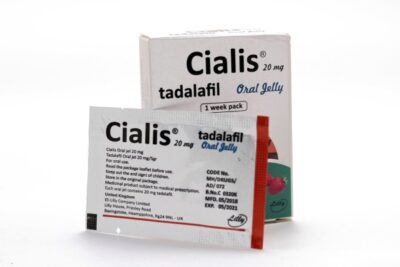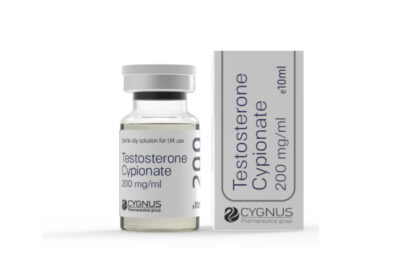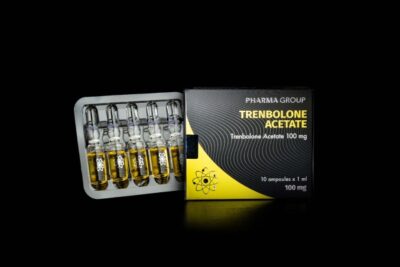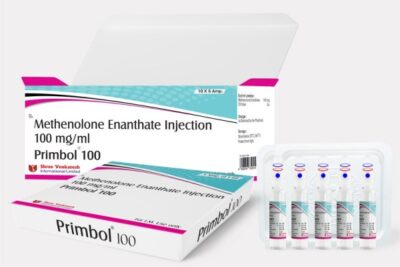Home / About Us
Ephedrine vs Ephedra A Comprehensive Guide to Understanding the Difference and Their Effects
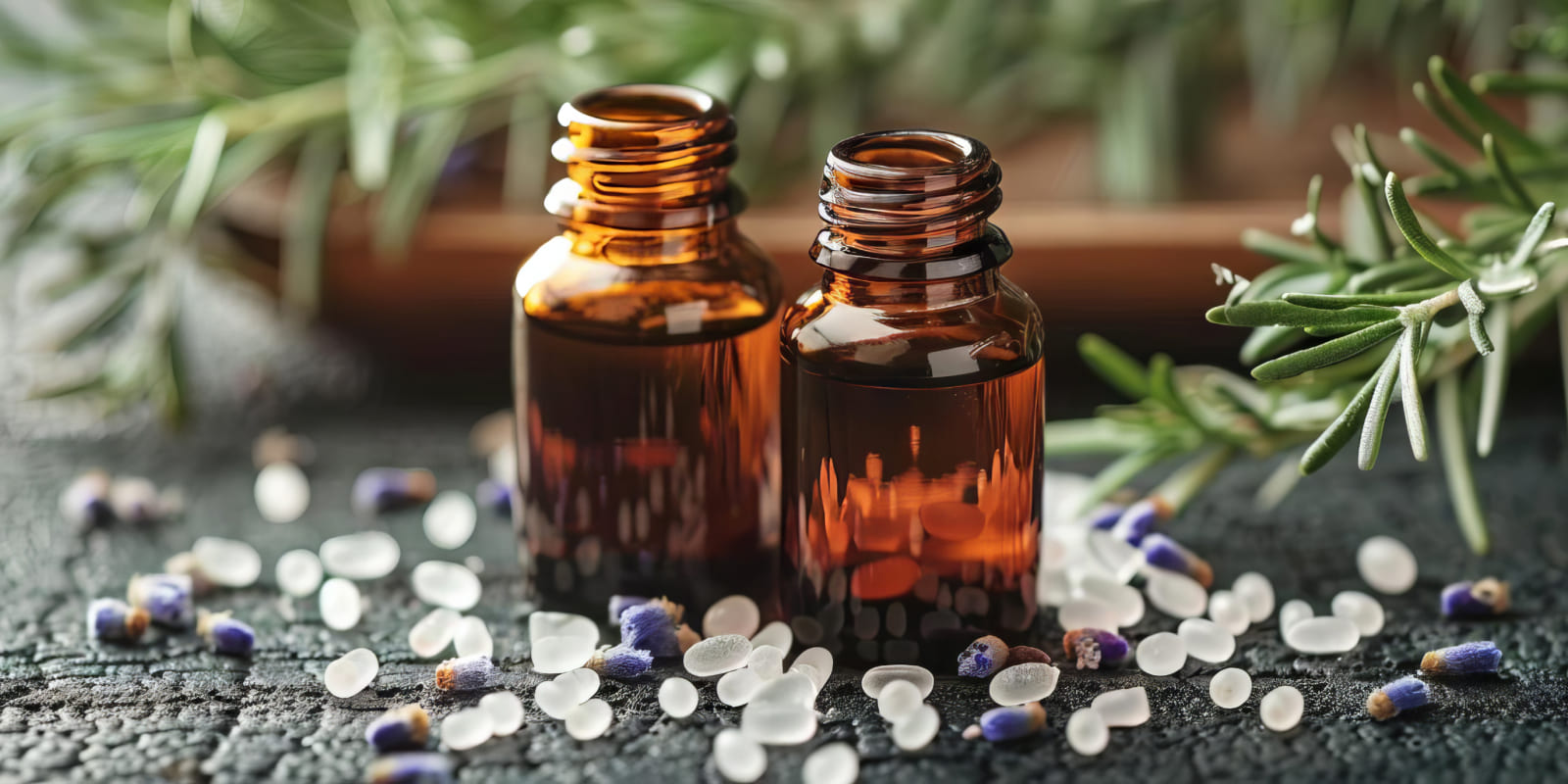
In the world of health supplements, few substances have garnered as much attention, controversy, and confusion as ephedrine and ephedra. Both are derived from plants and have been used for various medicinal and performance-enhancing purposes. However, their differences and effects are often misunderstood. In this guide, we delve into the disparities between ephedrine and ephedra, shedding light on their distinct characteristics and potential impacts on health.
On this page:
• Understanding Ephedrine
• Effects of Ephedrine
• Concerns and Risks Associated with Ephedrine
• Understanding Ephedra
• Effects of Ephedra
• Concerns and Risks Associated with Ephedra
• Key Differences Between Ephedrine and Ephedra
• Conclusion
Understanding Ephedrine
Ephedrine is a stimulant compound that occurs naturally in certain plants, including Ephedra sinica (also known as Ma Huang). It has a long history of use in traditional Chinese medicine for treating respiratory conditions like asthma and bronchitis, as well as for its stimulant effects. Ephedrine works primarily by stimulating the sympathetic nervous system, leading to increased heart rate, blood pressure, and metabolism.
Effects of Ephedrine
- Weight Loss: Ephedrine gained popularity as a weight loss aid due to its ability to suppress appetite and increase thermogenesis (the body’s production of heat), leading to calorie expenditure.
- Performance Enhancement: Athletes and fitness enthusiasts have used ephedrine to boost energy levels, improve focus, and enhance physical performance during workouts.
- Respiratory Support: Ephedrine’s bronchodilator properties make it effective for relieving symptoms of asthma and other respiratory conditions by dilating the airways.
Concerns and Risks Associated with Ephedrine
Despite its potential benefits, ephedrine is not without risks. Prolonged or excessive use of ephedrine can lead to adverse effects such as:
– Increased heart rate and blood pressure
– Anxiety and nervousness
– Insomnia
– Nausea and vomiting
– Cardiac arrhythmias
– Stroke or heart attack, particularly in individuals with underlying cardiovascular issues
Understanding Ephedra
Ephedra refers to a group of plants belonging to the Ephedraceae family, primarily Ephedra sinica, Ephedra equisetina, and Ephedra intermedia. These plants contain various alkaloids, including ephedrine, pseudoephedrine, and others, which contribute to their pharmacological effects.
Effects of Ephedra
- Weight Loss: Similar to ephedrine, ephedra has been marketed as a weight loss supplement due to its stimulant and thermogenic properties.
- Energy Boost: Ephedra is known for its stimulant effects, which can increase alertness, energy levels, and focus.
- Respiratory Support: Traditionally, ephedra has been used to treat respiratory conditions like asthma and bronchitis, owing to its bronchodilator properties.
Concerns and Risks Associated with Ephedra
The use of ephedra has been linked to several adverse effects, particularly when consumed in high doses or in combination with other stimulants. These risks include:
– Increased blood pressure and heart rate
– Cardiovascular complications
– Psychiatric symptoms such as anxiety, agitation, and hallucinations
– Gastrointestinal issues
– Kidney stones
– Seizures and strokes
Key Differences Between Ephedrine and Ephedra
- Chemical Composition: Ephedrine is a specific alkaloid found in ephedra plants, along with other compounds. Ephedra, on the other hand, contains a mixture of alkaloids, including ephedrine.
- Regulation: Ephedrine is a regulated substance in many countries due to its stimulant properties and associated risks. Ephedra supplements have also faced regulation and restrictions in several jurisdictions due to safety concerns.
- Potency and Dosage: Ephedrine is often isolated and standardized for medicinal and dietary supplement use, whereas ephedra supplements may vary in potency and alkaloid content, making dosage control more challenging.
Conclusion
While ephedrine and ephedra share similarities in their effects and origins, they are distinct compounds with different compositions and regulatory statuses. Both substances have been used for weight loss, performance enhancement, and respiratory support, but they also carry risks, particularly when misused or consumed in high doses. Individuals considering the use of ephedrine or ephedra supplements should consult healthcare professionals to weigh the potential benefits against the risks and ensure safe usage. Additionally, staying informed about regulations and guidelines regarding these substances is essential to mitigate potential harm and promote responsible supplementation practices.


